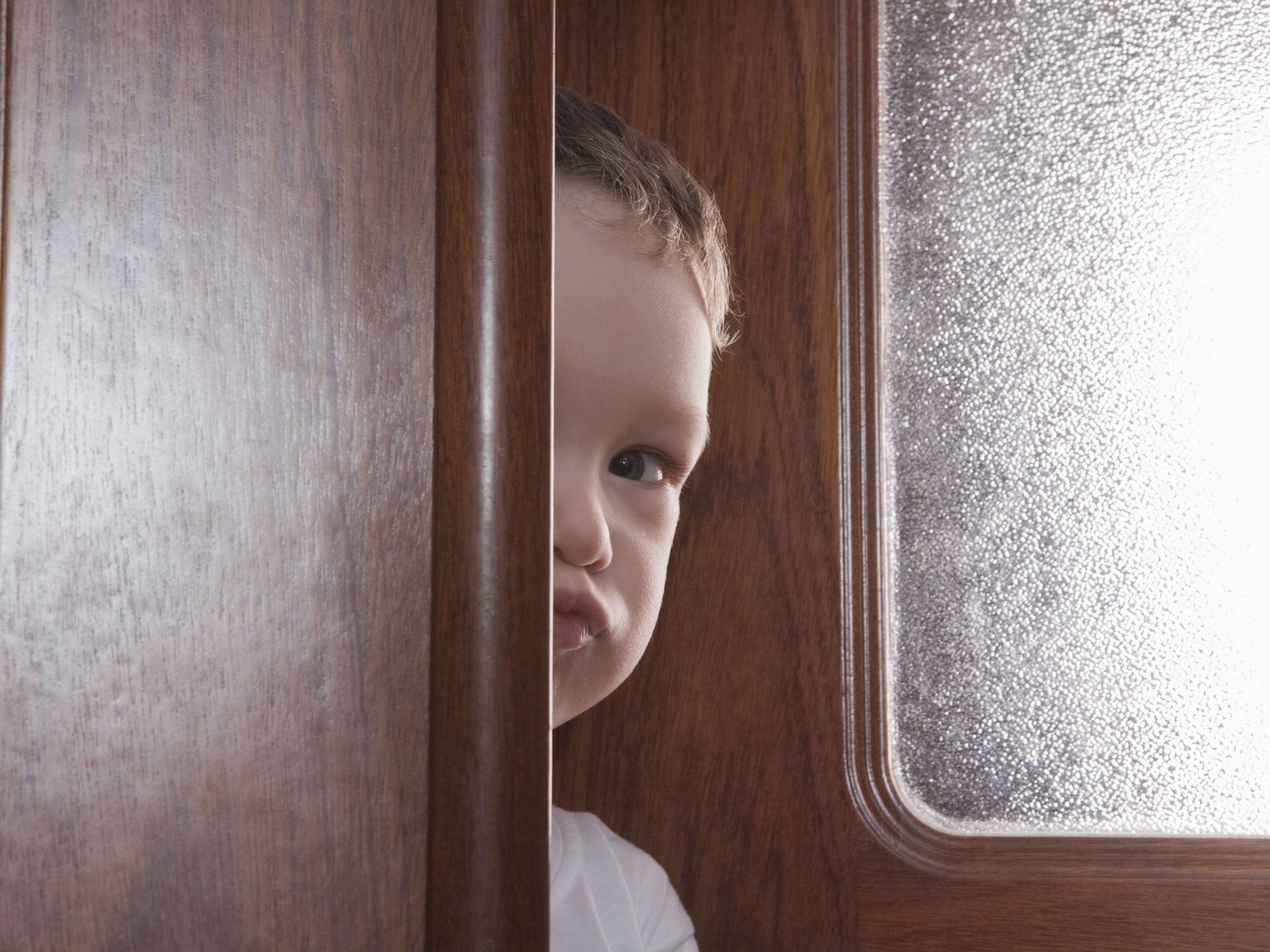'No mercy' for those who fail to protect children, says Ann Coffey
Chair of the All Party Parliamentary Group for runaway and missing children and adults wants a care system which is 'fit for purpose'

People charged with protecting children should be shown “no mercy” if they fail to do their job, warns Ann Coffey, chair of the All Party Parliamentary Group for runaway and missing children and adults.
Writing exclusively in The Independent on Sunday, the MP cites the recent scandal of several children in care in Oxfordshire, who were tortured and raped by a gang of men “under the noses” of the authorities who showed an “almost wilful blindness”.
The seven men convicted in the Oxford case were sentenced last week, with five being given life sentences.
Their six victims were aged between 11 and 15 when the abuse took place, when they were “supposedly in the safekeeping of the local authority,” says Ms Coffey.
Far from looking after children, the care system has often failed them by placing them in unsafe areas, “into children’s homes targeted by sexual predators seeking to exploit the vulnerability of children living there.”
And Ms Coffey accuses those charged with the care of vulnerable children having “turned a blind eye to signs of abuse and exploitation” or even blaming children for what happened to them.
The girls in the Oxford case were repeatedly abused from 2004 to 2012 despite regularly going missing and reporting abuse to police as far back as 2006.
And police officers and social workers face further scrutiny from a serious case review now underway.
Thames Valley Police could face investigation by the Independent Police Complaints Commission (IPCC) once the review has been concluded. The IPCC has told the force that “should any conduct matters be identified arising from that review then a referral should be made,” said a spokesperson for the complaints body.
The tragic truth of what happened in Oxford is that it is part of a pattern seen in other parts of the country, according to Matthew Reed, chief executive, The Children’s Society. “Children – often in care, often going missing – are being abused over many years and local agencies are repeatedly missing chances to put an end to the abuse.”
He added that children are dismissed as “a nuisance” or seen as “promiscuous” rather than “victims trapped in exploitative relationships and abuse.”
In response to mounting concerns for the safety of vulnerable children, highlighted by cases such as Oxford, the Government will hold a number of public events this summer to discuss new proposals to protect children in care – including the thousands who go missing and are at risk of abuse each year.
There have been “unacceptable failings” in children’s residential care, admitted Edward Timpson, Children and Families Minister, last week. He attacked an “out-of-sight, out-of-mind culture and poor decision making,” in the care system, and announced a series of reforms which will “will remove the secrecy which has shrouded residential care for too many years.”
The proposals would see greater scrutiny of children’s homes, force them to work more closely with police and councils to prevent children going missing, and allow councils to step in when children are at risk.
Ofsted is to be given more powers to enable a tougher line to be taken – under the proposals children’s homes found wanting will be closed down unless they improve within a set period of time. And from September the education watchdog will inspect local authorities on how they are meeting the statutory requirements to reduce the number of children who go missing from care.
Ms Coffey welcomed the move but warned that missing children and those in care will “continue to be let down” unless there is “proper oversight and accountability.” Only strong leadership from the government with local commitment, will result in a care system which is “fit for purpose,” said the MP.
Join our commenting forum
Join thought-provoking conversations, follow other Independent readers and see their replies
Comments
Bookmark popover
Removed from bookmarks